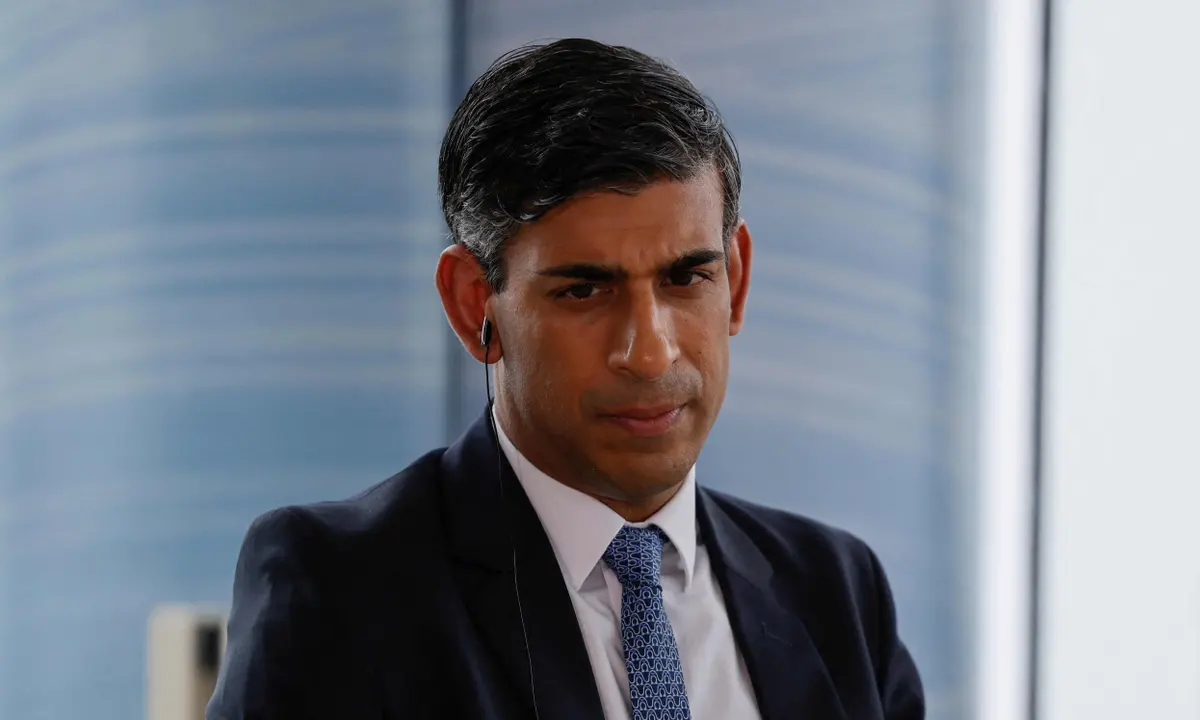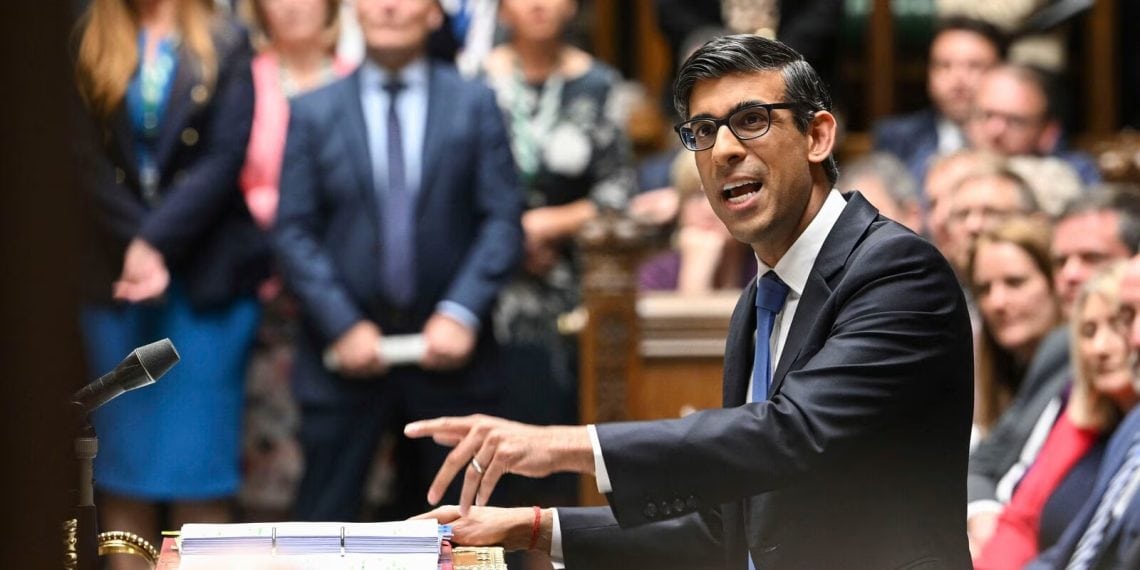British Prime Minister Rishi Sunak faces a challenging political landscape as his Conservative Party lags behind the Labour Party in polls, prompting him to emphasize immigration, historically a key issue. Sunak, the son of immigrants, aims to reduce the record-high net migration of 745,000 in 2022. The increase is attributed to generous policies for those fleeing Ukraine and Hong Kong, coupled with the UK’s departure from the EU’s Dublin Regulation.
Small boat crossings in the English Channel, orchestrated by criminal trafficking gangs, contribute to the visible aspect of the immigration debate. While these crossings are a fraction of total immigration, they garner significant attention, reaching 45,755 in 2022 from 299 in 2018. Sunak’s focus on stopping these boats aligns with political priorities for the upcoming election.
Sunak inherited a plan to send refugees to Rwanda, facing legal challenges and human rights concerns. His proposed bill aimed to overcome legal obstacles, but his immigration minister resigned, and a parliamentary vote looms. Nigel Farage’s influence from the right has pushed for tougher immigration measures, even raising the idea of leaving the European Convention on Human Rights (ECHR).

The political dilemma echoes past events, where Euroskeptic sentiments forced a Brexit referendum. Sunak faces challenges in meeting high expectations on immigration, risking cruelty accusations on the left. Migration attitudes in the UK have evolved, with the notion of being tough on immigration losing its past electoral appeal.




